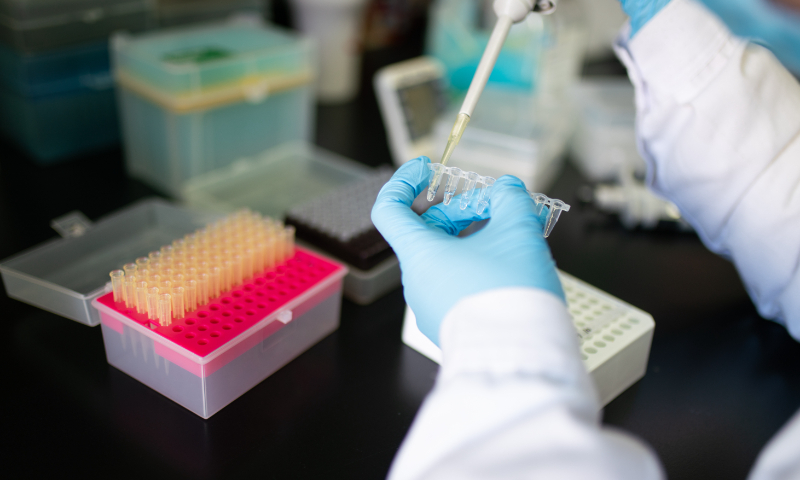Synthesizing COVID-19 mutations technically possible, but difficult: expert

With the development of molecular biology and synthetic biology, human beings have gained the capability to synthesize viruses. However, it remains difficult to synthesize new viruses in a laboratory, an expert was quoted as saying by Jiankang Shibao (Health Times) on Sunday.
An undercover video recently went viral online, in which a top Pfizer executive claimed that the biotech firm has been considering mutating COVID-19 in order to preemptively create new vaccines, according to media reports. The authenticity of the video had not been confirmed.
“Allegations have recently been made related to gain of function and directed evolution research at Pfizer and the company would like to set the record straight,” Pfizer said on January 27.
There are strict ethical restrictions on the study of viruses to prevent any possible leakage and to ensure the safety of experimental research, Zhao Wei, director of the biosafety research center of the School of Public Health, Southern Medical University, told the Health Times.
In an article titled “Challenges of ethical review in the development of COVID-19 vaccines and new drugs” written by Wu Qiong and other co-authors from the Eastern Theater Command of the Chinese People's Liberation Army (PLA), it said that clinical trials around the world must be in line with the Declaration of Helsinki and approved by ethics committees, according to Health Times.
During the Ebola pandemic, the National Academies of Sciences, Engineering, and Medicine identified seven ethical requirements for experimental research including scientific and social values, respect for individuals, community participation and concern for the welfare and interests of participants, said the report.